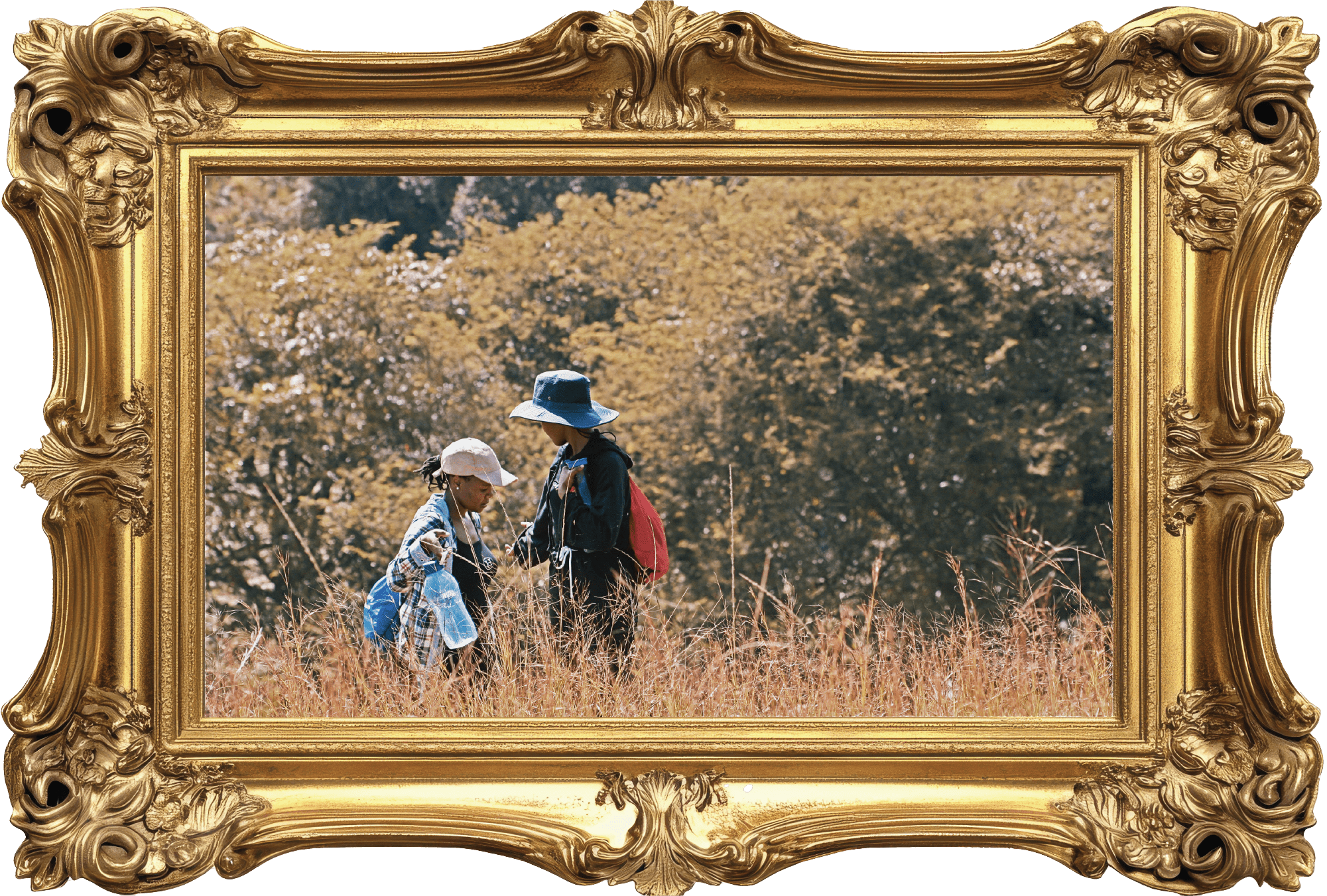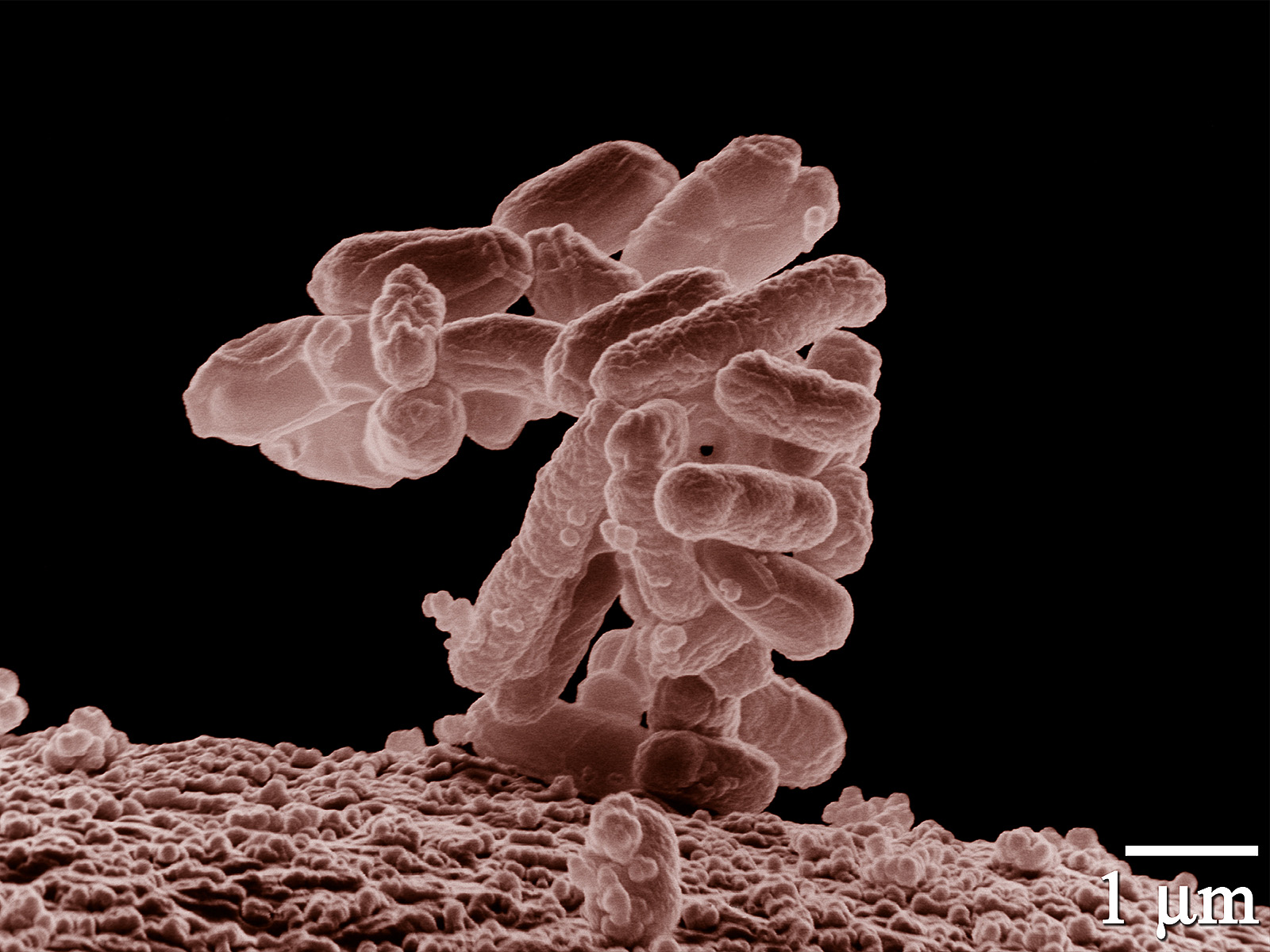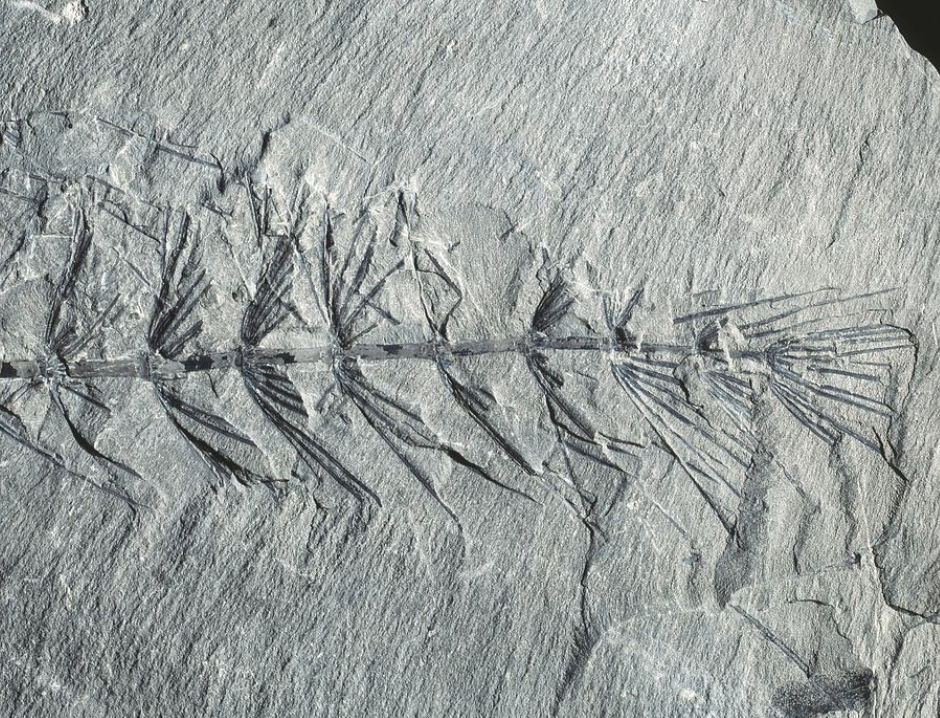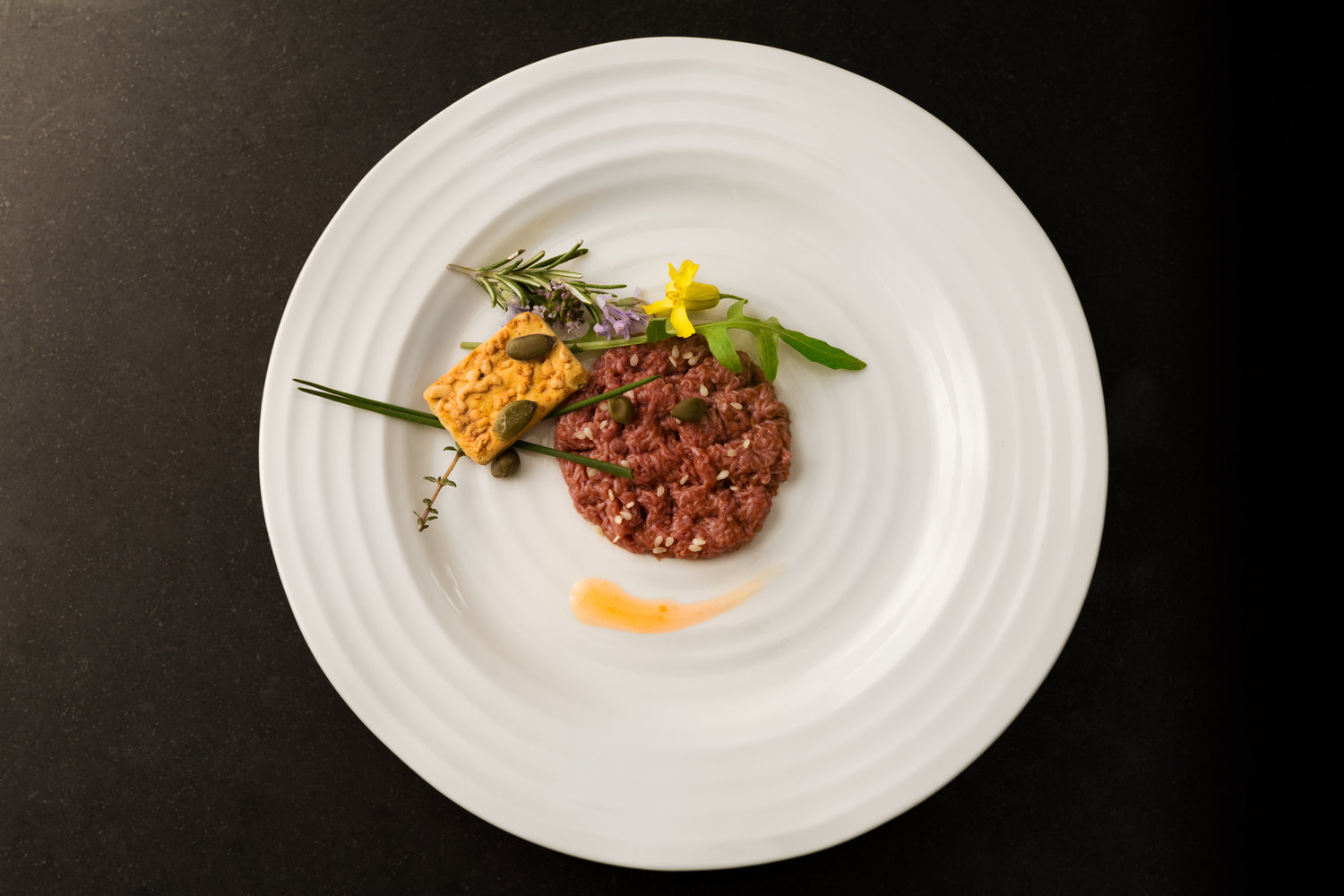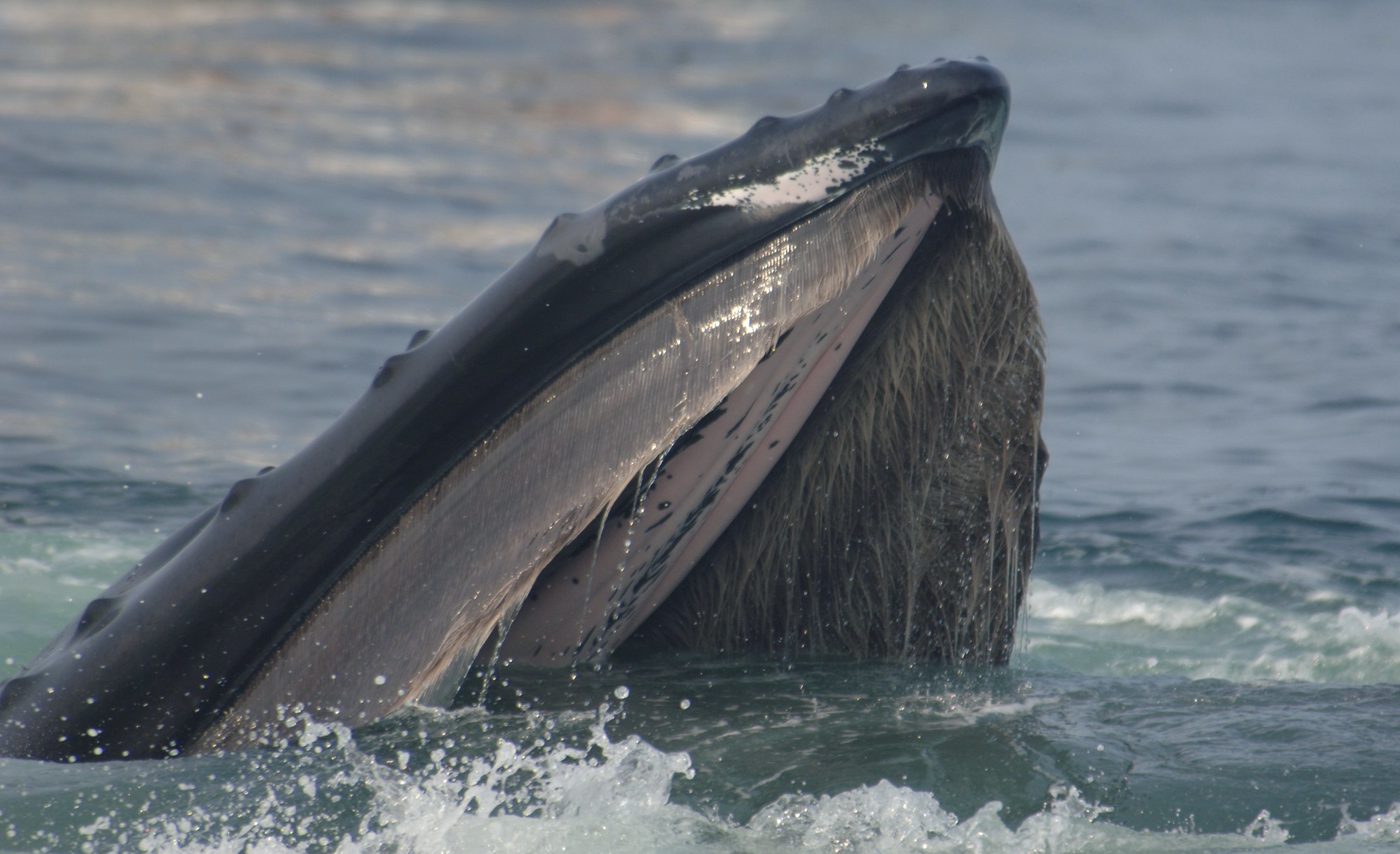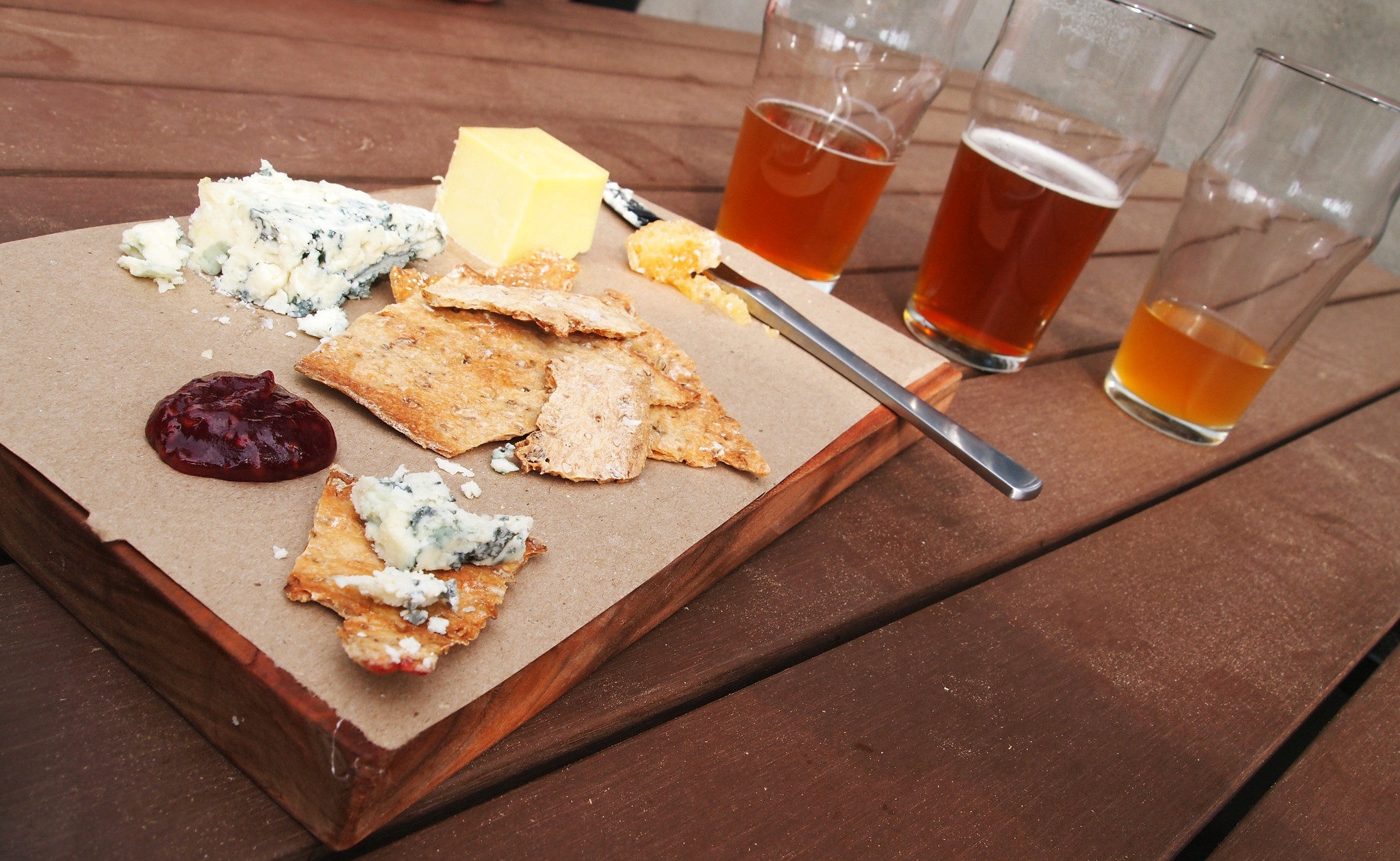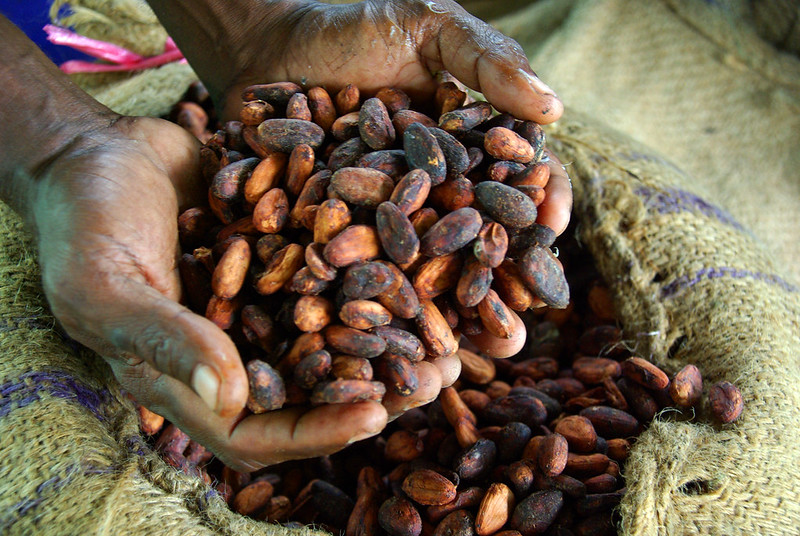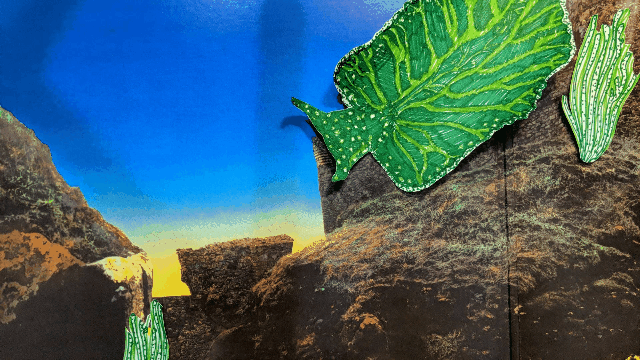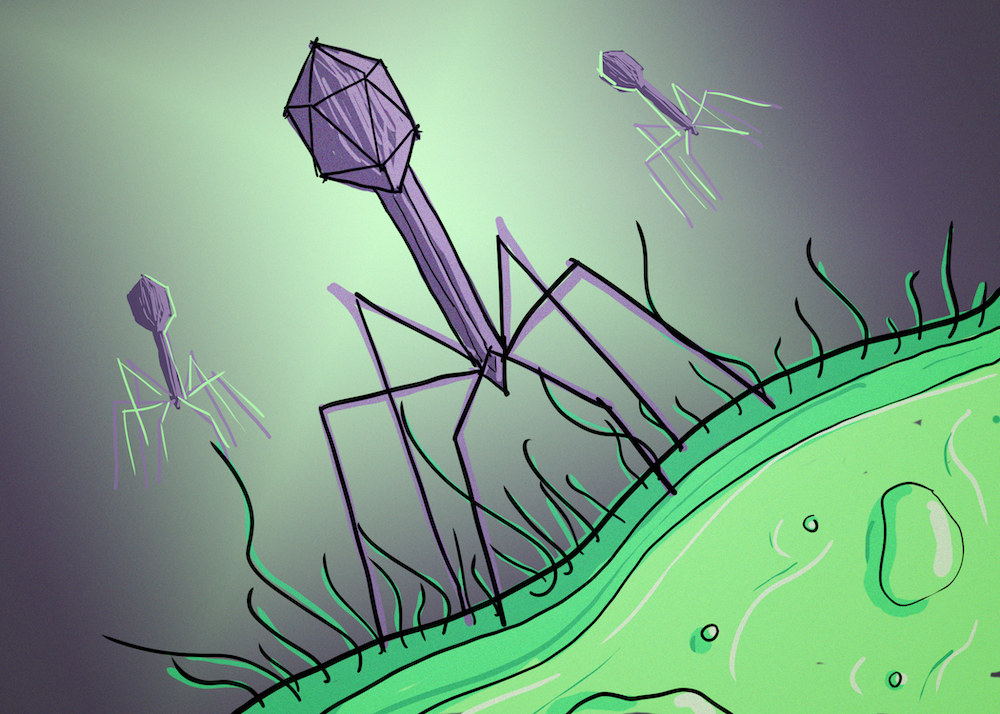Topic
Life Science
Perri Thaler • September 17, 2025
Citizen science is under threat, despite what the Trump administration says it wants
Pragathi Ravi • March 5, 2025
In the 2000s, an exhibit of the infamous man-eating lions of Tsavo from Kenya that chowed down on 35 construction workers in the late 1890s was revived at Chicago’s Field […]
Perri Thaler • February 17, 2025
A new experiment pushes biocomputers closer to reality. For some applications, they may be better than silicon
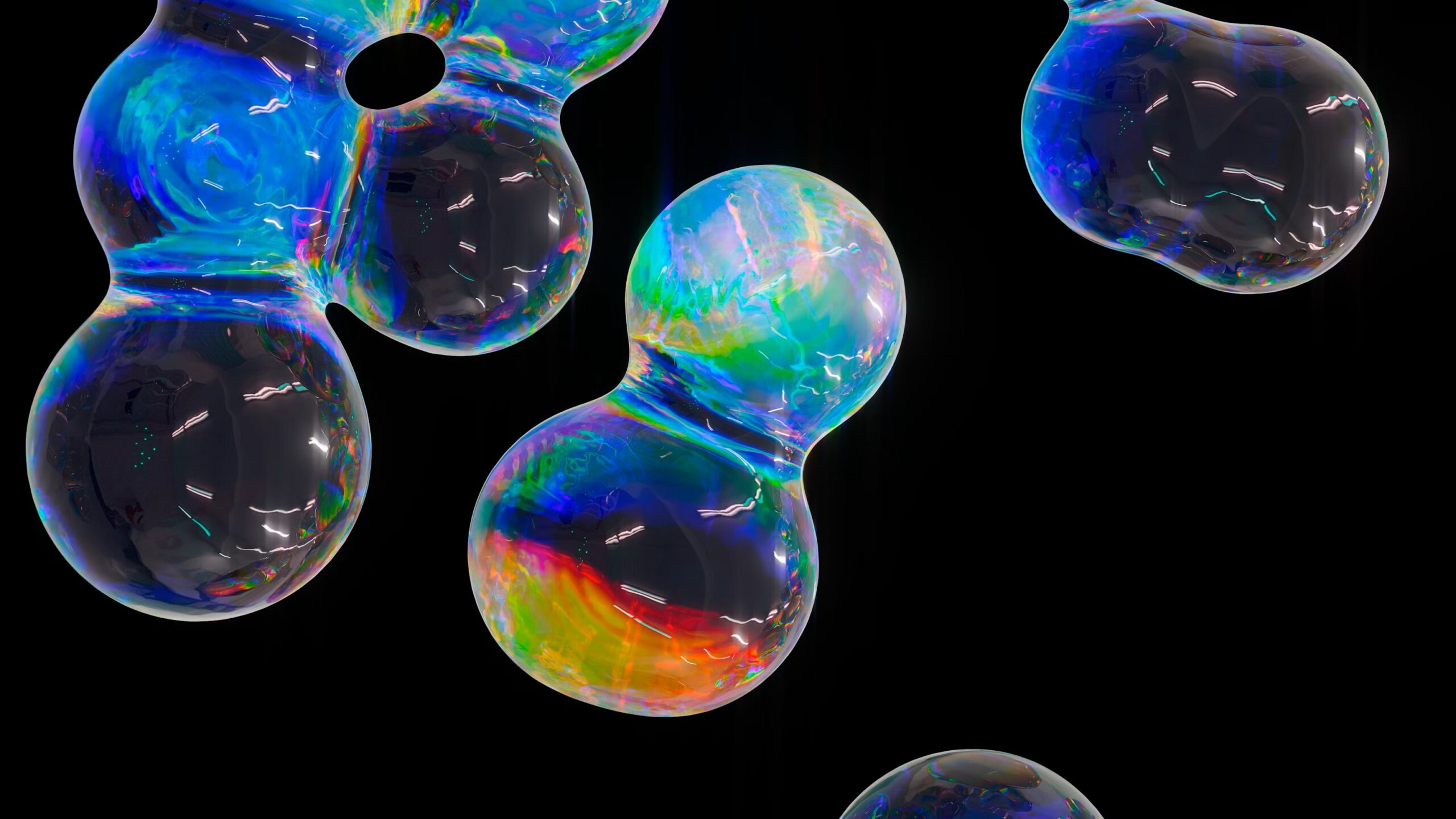
The long quest to identify human pheromones and the smell of attraction, aggression and fear
Perri Thaler • February 13, 2025
Insects, fish and even some mammals use pheromones as behavior signals. If researchers can prove humans do, too, exciting new therapies might follow
Avery Orrall • January 11, 2024
Unearthing the millions-year-long process that fuels our world
Alice Sun • March 7, 2023
Lab-grown fish is predicted to be the next big trend in alternative seafood, but how is it made?
Alice Sun • December 8, 2022
A change previously seen in mothers occurs in new dads too — and may help them both become better caregivers
Tatum McConnell • August 15, 2022
Evon Hekkala has changed our understanding of African crocodiles, thanks to the emergence of ancient DNA research
Allison Parshall • June 17, 2022
Cultured meat promises to be better for animals, public health and the planet. Will we eat it?
Delaney Dryfoos • March 23, 2022
Baleen whales have a unique, previously unknown organ for swallowing massive amounts of prey-filled water
Delaney Dryfoos • February 8, 2022
Poop preserved in ancient salt mines show evidence of surprising dietary habits and the shift to the modern gut microbiome
Daniel Leonard • February 2, 2022
Researchers already know how to clone human embryos. Bringing those embryos to term is another problem entirely
Deborah Balthazar • December 24, 2021
DNA barcoding could eventually help improve dangerous conditions for cocoa growers
Hannah Loss • December 3, 2021
Chloroplast-stealing sea slugs straddle the line between plant and animal, holding promise for green energy sources.
Allison Parshall • November 19, 2021
Scientists are recruiting phages, bacteria’s natural predators, as the antibiotic resistance crisis worsens.
